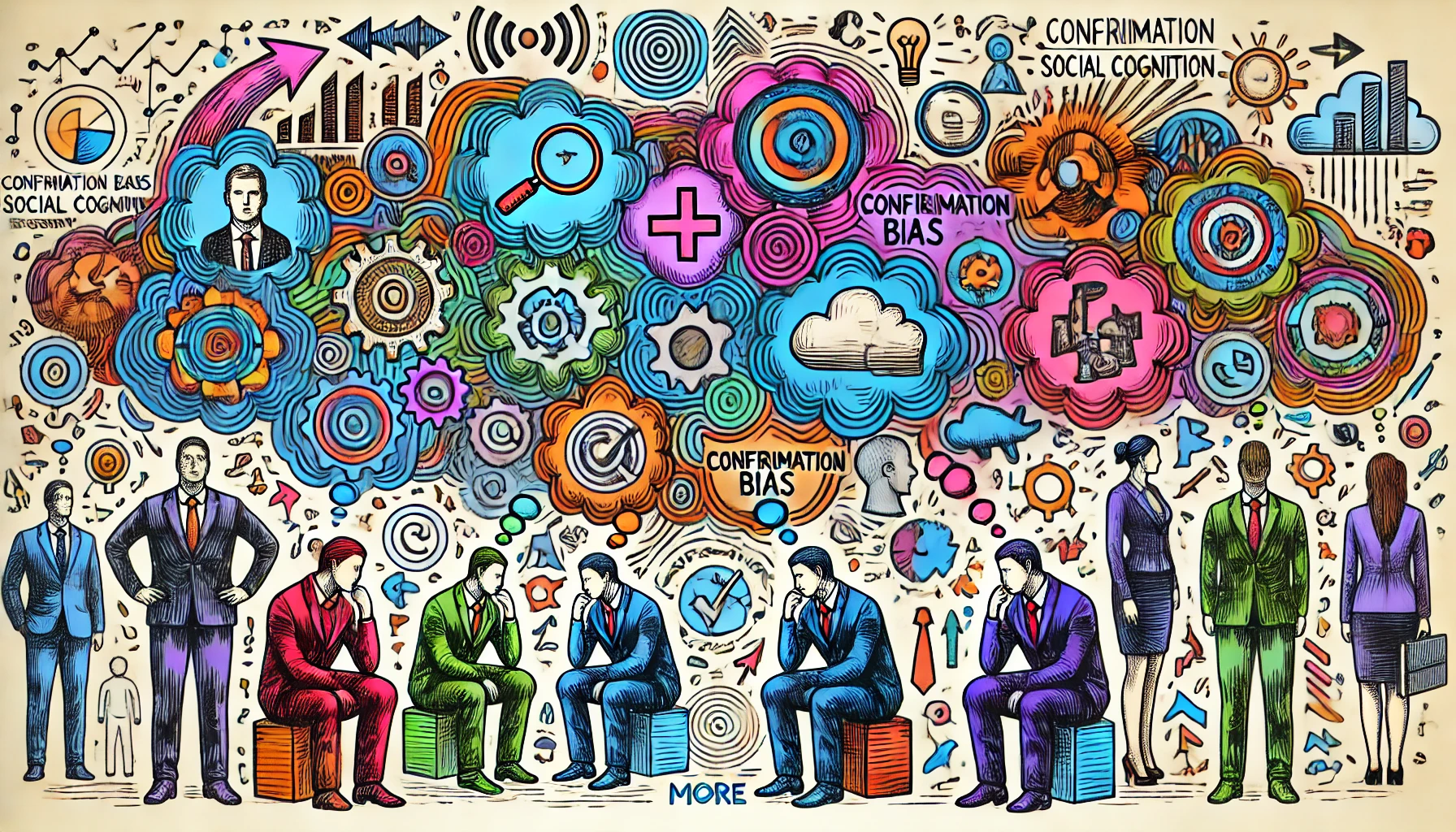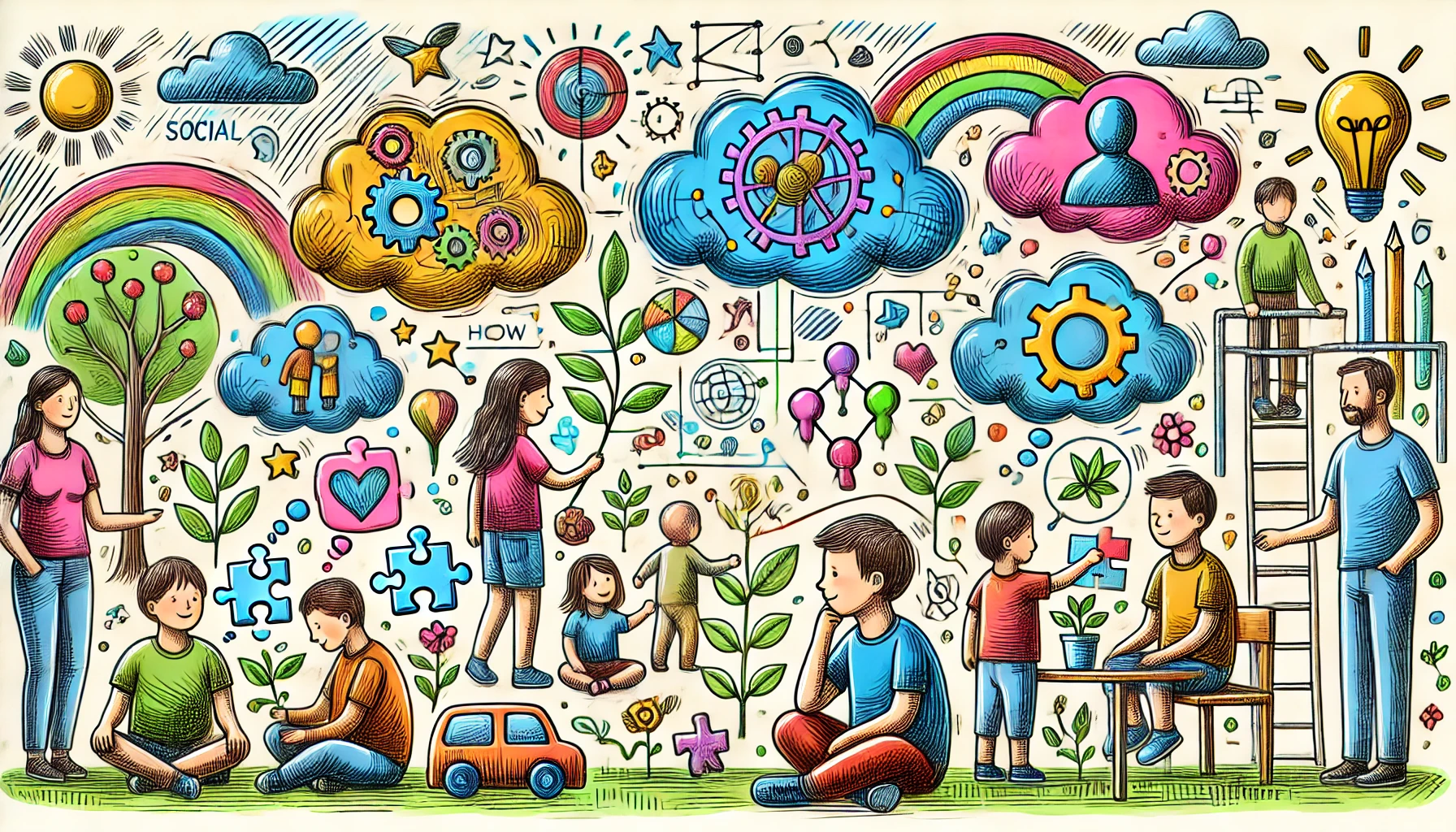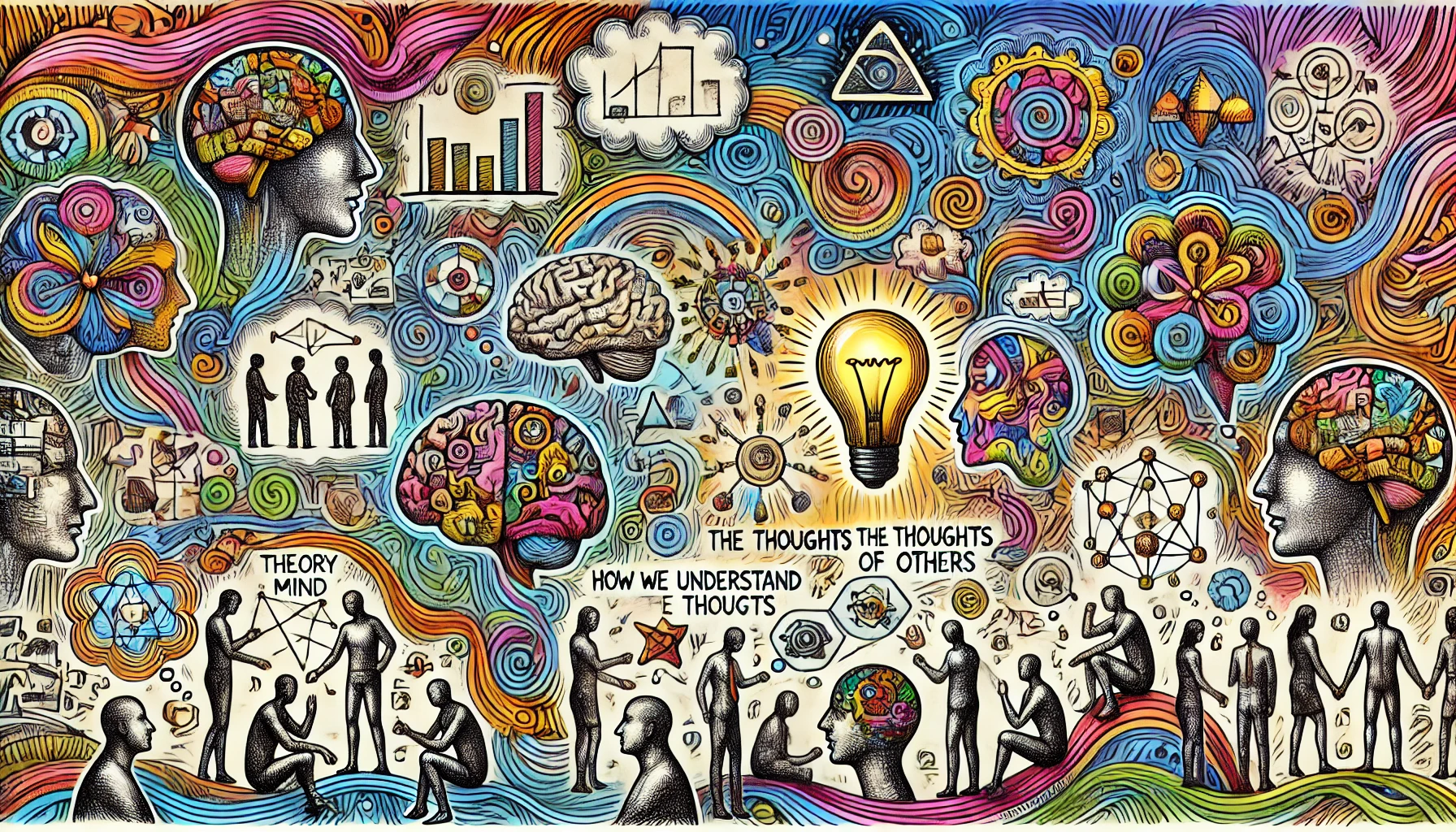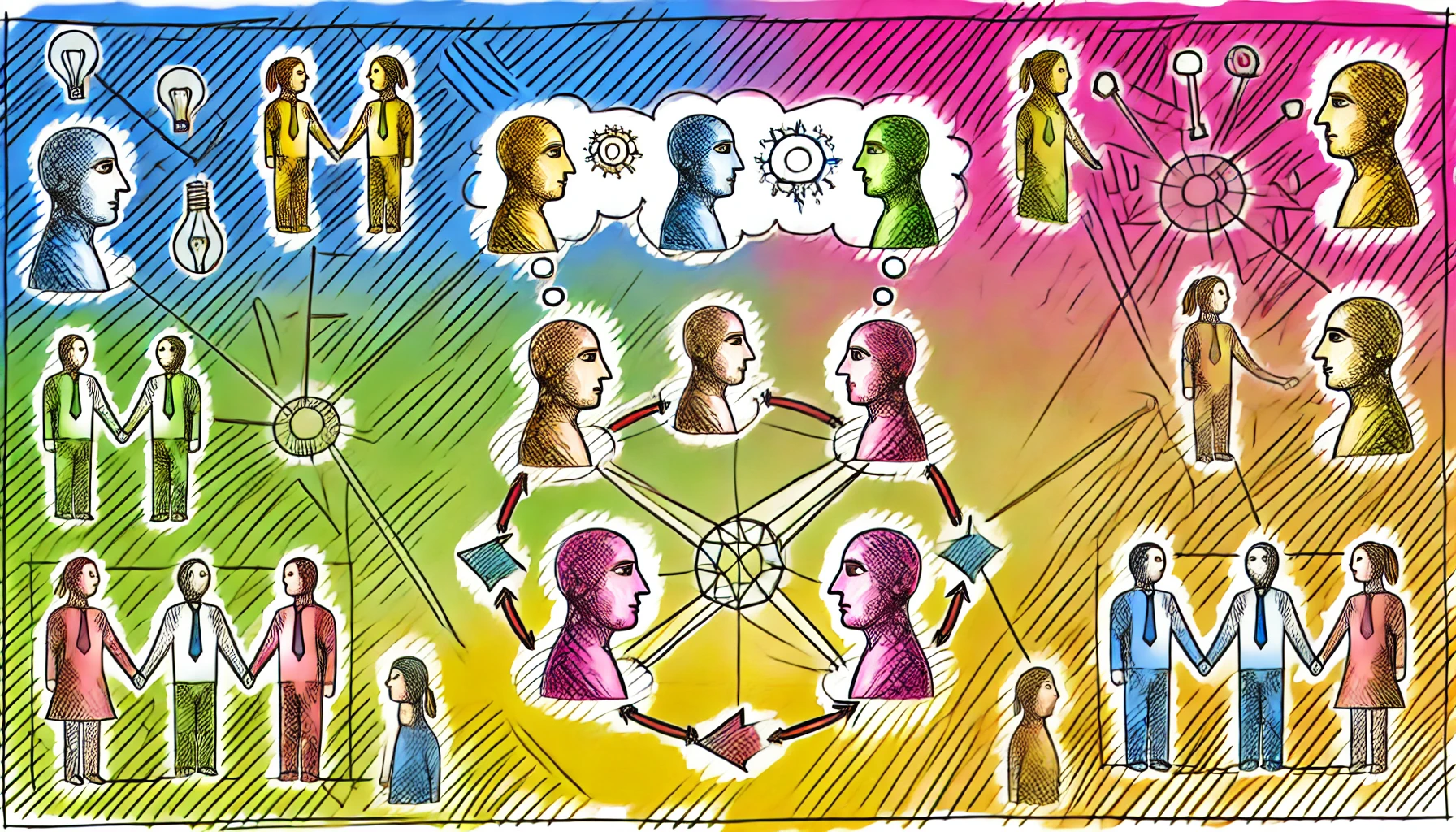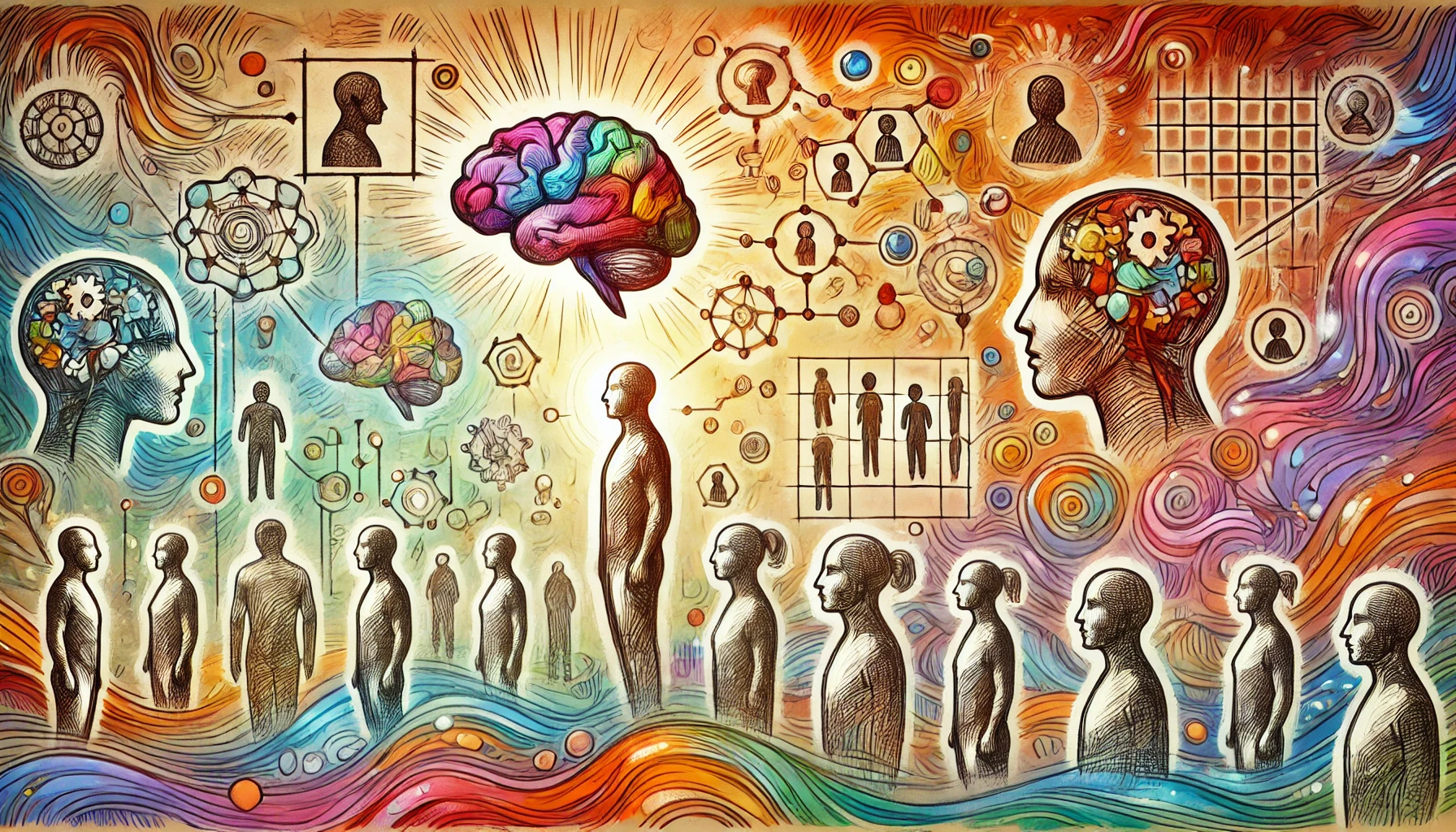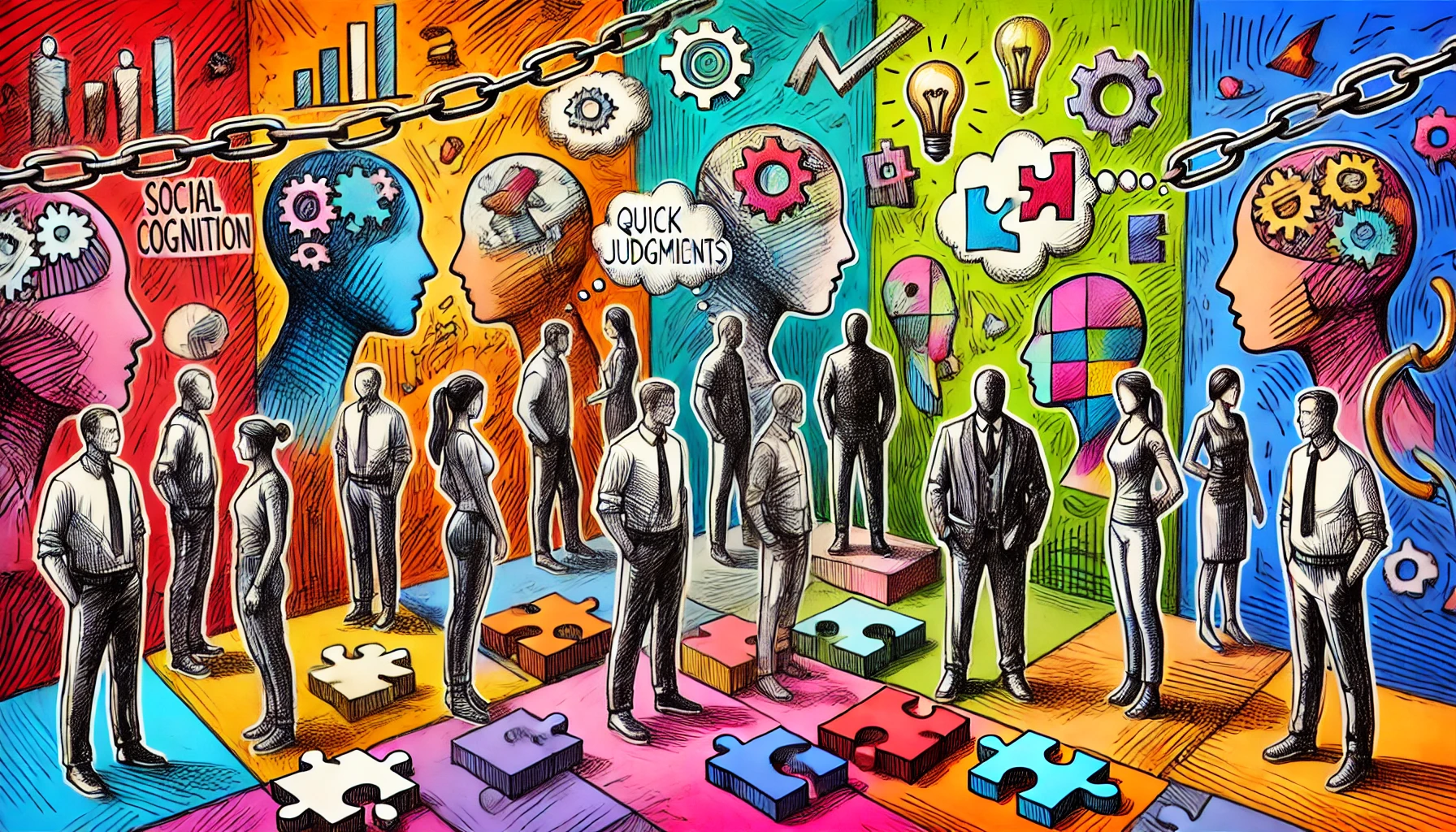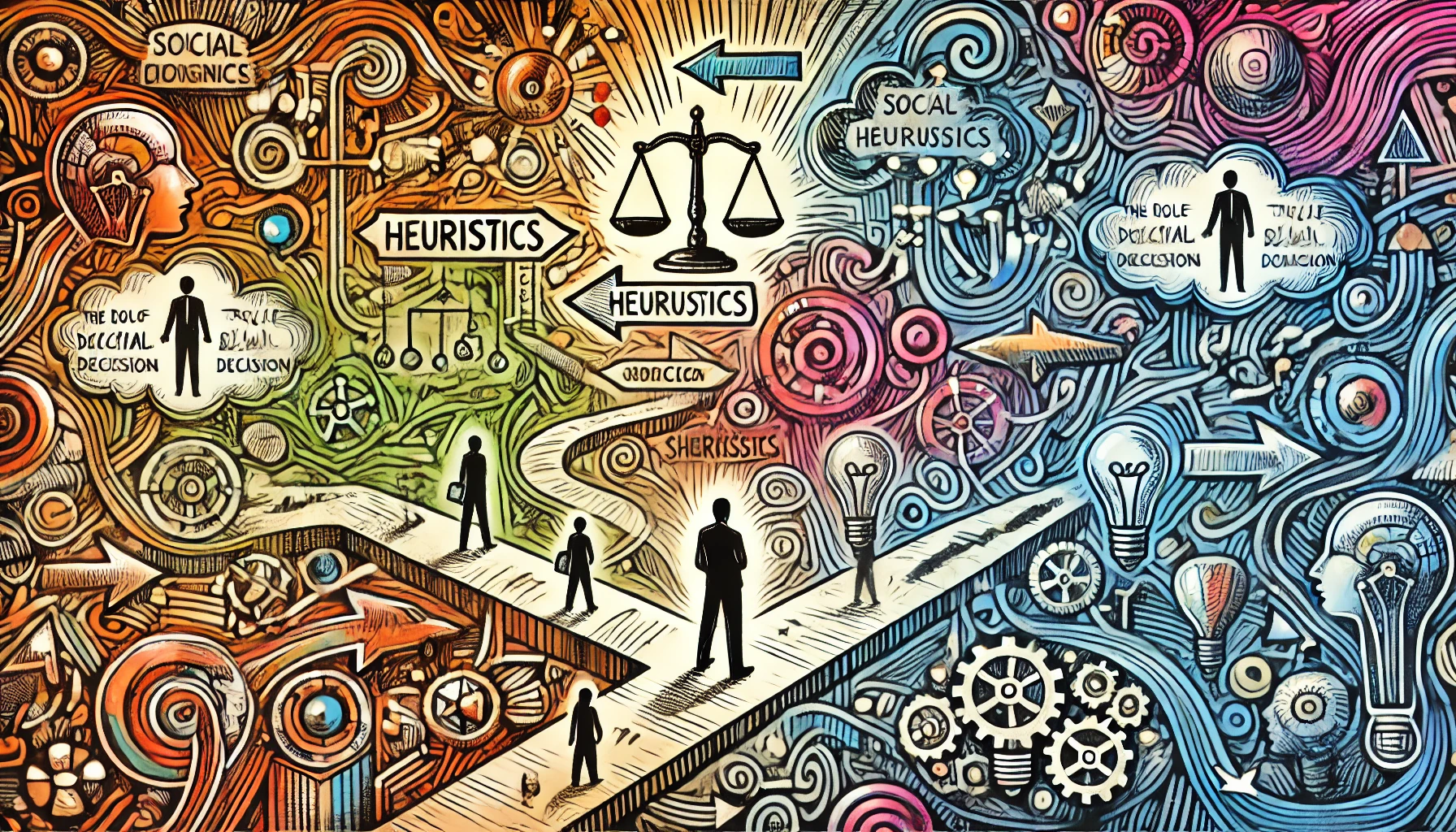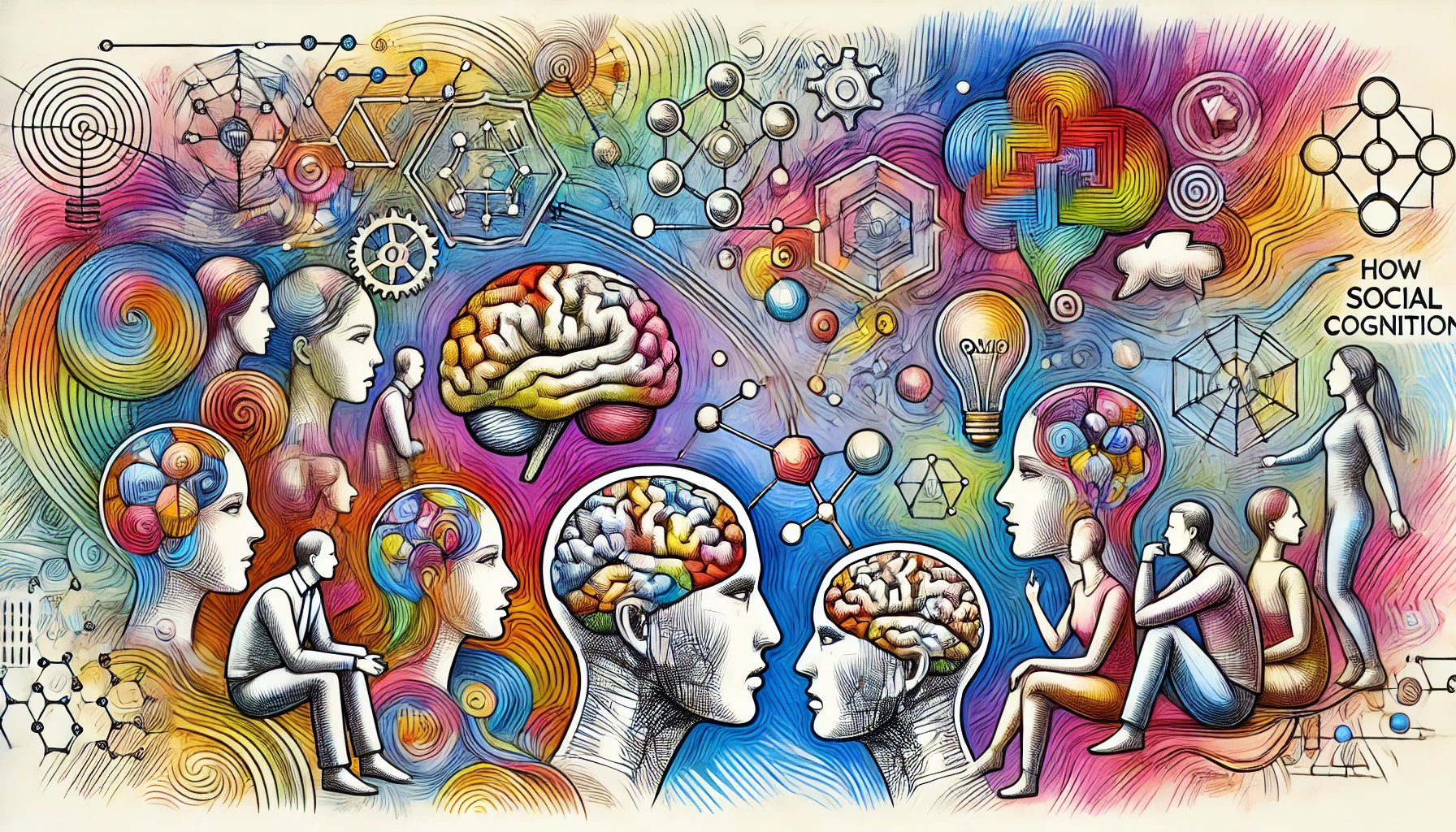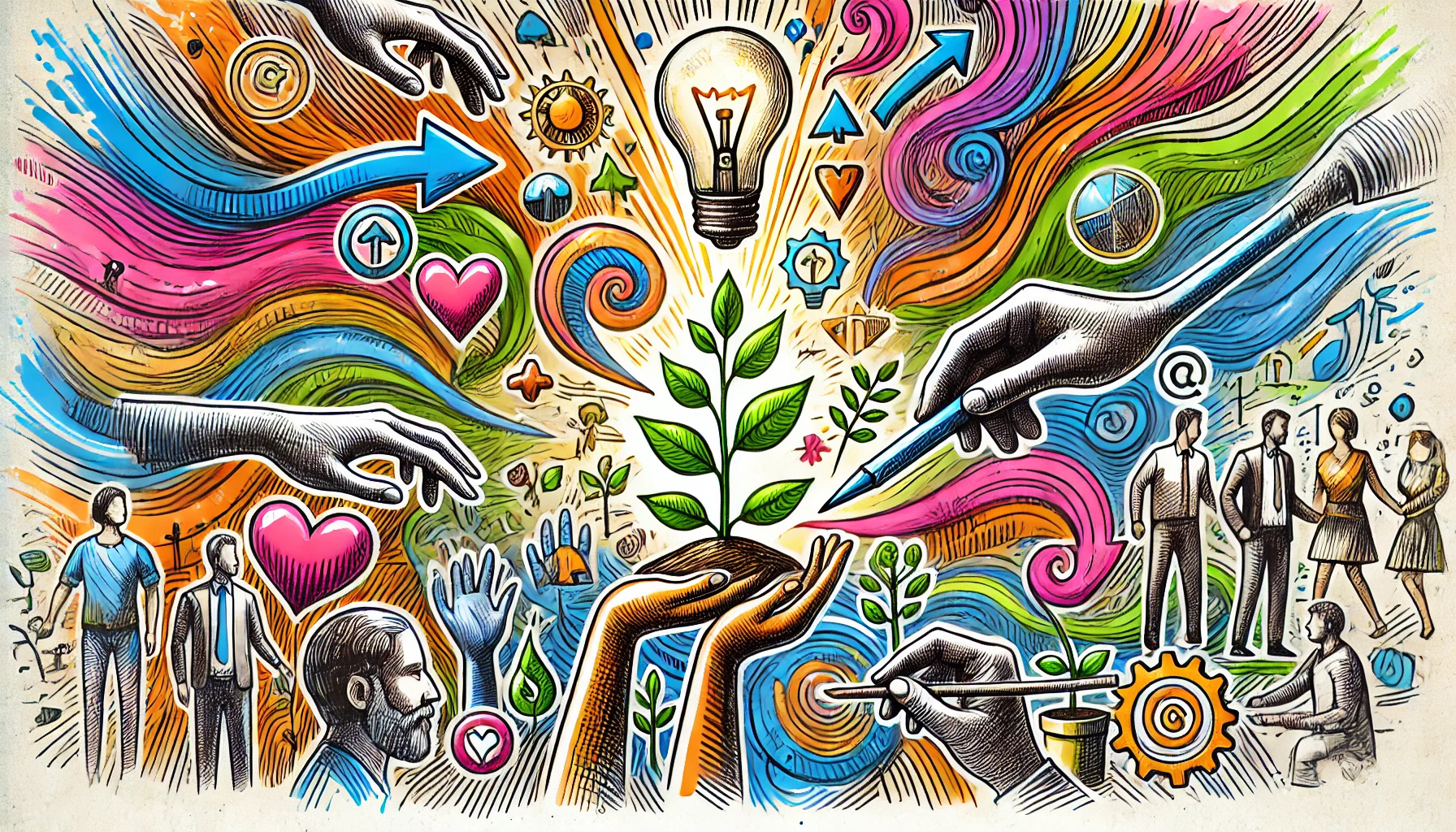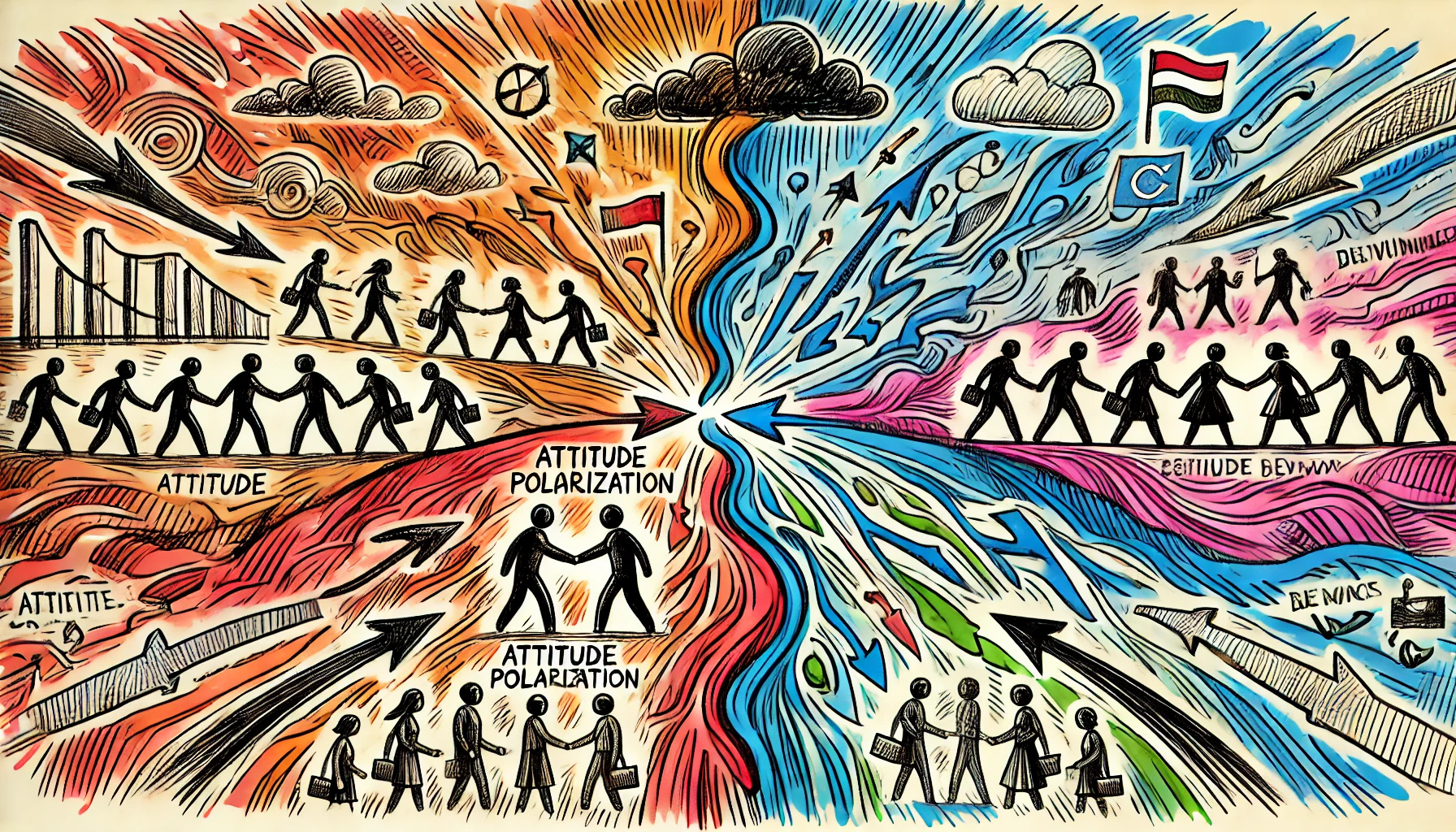Biases in social cognition significantly impact how we perceive, interpret, and interact with the world around us. Social cognition involves the mental processes used to understand and navigate social interactions, but these processes are not always objective. Instead, they are influenced by cognitive shortcuts—known as heuristics—and biases that can distort […]
How Social Cognition Develops in Childhood and Adolescence
Social cognition refers to the ability to understand and interpret the thoughts, emotions, and behaviors of others. It is a fundamental aspect of human development, allowing individuals to navigate social environments, form relationships, and engage in meaningful communication. The development of social cognition begins in early childhood and continues through […]
The Theory of Mind: How We Understand the Thoughts of Others
e Theory of Mind (ToM) is a fundamental concept in social cognition that refers to the ability to attribute mental states—such as beliefs, desires, intentions, and emotions—to oneself and others. It allows individuals to understand that others have their own thoughts, perspectives, and motivations, which may differ from their own. […]
How Social Cognition Impacts Group Dynamics and Relationships
Social cognition, the process of perceiving, interpreting, and responding to social information, plays a pivotal role in shaping group dynamics and relationships. It influences how individuals interact within groups, form relationships, and perceive others in social contexts. Through social cognition, people navigate complex social environments, establish norms, develop roles, and […]
The Role of Memory in Social Cognition: Why We Remember Certain People
Memory plays a crucial role in social cognition, influencing how we perceive, interpret, and respond to others. Social cognition is the mental process that allows us to understand, navigate, and interact with the social world, and memory is a fundamental aspect of it. From remembering names and faces to recalling […]
How Social Cognition Shapes Prejudices and Stereotypes
Social cognition plays a fundamental role in shaping how individuals form and maintain prejudices and stereotypes. Prejudice refers to preconceived, often negative judgments about others based on their group membership, while stereotypes are oversimplified generalizations about a group. These biases can have far-reaching effects on social interactions, influencing everything from […]
The Role of Heuristics in Social Cognition and Decision Making
Heuristics are mental shortcuts or rules of thumb that simplify decision-making and problem-solving. In social cognition, heuristics play a crucial role in how we perceive, interpret, and respond to social information. While these cognitive tools are efficient and often lead to quick decisions, they can sometimes result in biases and […]
Understanding Social Cognition: How We Think About Others
Social cognition refers to how individuals think about, interpret, and respond to the social world around them. It includes processes like perception, memory, judgment, and decision-making, which help us understand others’ behaviors, intentions, and emotions. Every day, we unconsciously engage in social cognition when making sense of the actions and […]
Using Persuasion for Positive Change: How to Encourage Pro-Social Behavior
Persuasion is a powerful tool that can be harnessed for positive change, particularly in promoting pro-social behaviors—actions that benefit others or society as a whole. From encouraging charitable donations to fostering environmentally friendly practices, persuasion techniques can motivate people to act in ways that contribute to the greater good. When […]
How Attitude Polarization Happens and How to Prevent It
Attitude polarization occurs when individuals’ beliefs or opinions become more extreme and entrenched over time, often in response to interacting with information that confirms their pre-existing views. Rather than moving toward compromise or moderation, people with polarized attitudes tend to become more rigid, dismissive of opposing viewpoints, and resistant to […]

